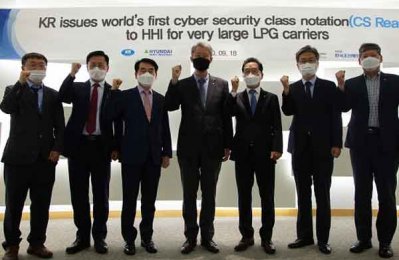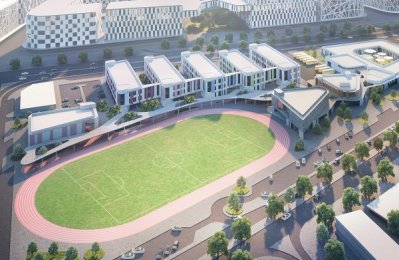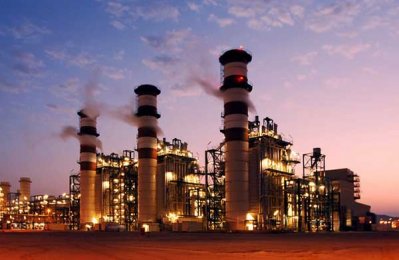Saudi real estate deal volumes down 13pc on spending cuts
Saudi Arabia's real estate transaction volumes for the second quarter fell by 13 per cent compared to the same period last year, amid challenging conditions in the kingdom as both corporates and consumers reduce spending plans, said an expert.
More Stories
Saudi Arabia's real estate transaction volumes for the second quarter fell by 13 per cent compared to the same period last year, with the total value of residential transactions decreasing by 2.7% over the same period, according to leading property expert Knight Frank Middle East.
As global lockdowns came into effect, demand for oil plummeted, and oil prices followed soon after. In an attempt to support oil prices, Opec+ agreed to reduce production from May 2020. This reduction is expected to have a material impact on Saudi Arabia’s GDP, given that its oil sector accounts for 40.2% of GDP.
As economic activity contracts, employment in Saudi Arabia is expected to follow suit with a 9% contraction forecast in 2020. Total employment in Saudi Arabia is expected to return to 2019 levels by 2022, stated Knight Frank in its Saudi Arabian Real Estate Market Review Q2 2020 report released today (August 13).
The report forecasts that Saudi Arabia’s GDP is expected to contract by 7.5% in 2020, a trend is set to be underpinned by a slowdown in activity in both the oil and non-oil sectors.
On the real estate scenario, Knight Frank said the Saudi Real Estate Refinance Company purchased a portfolio of mortgages worth over SR3 billion ($799 million) in July, with the move aiming to provide additional liquidity to the market, allowing for additional loans to be issued in order to increase the home ownership rate across the kingdom.
The hike in VAT from 5% to 15% is likely to add to the challenging market conditions that both end-users and developers are facing, it stated.
From a developers’ perspective, this increase in VAT is likely to put pressure on cash flows, however, this may be a short-term challenge given that eventually this cost will be recoverable, the expert added.
To help curtail the impact this will have on affordability, the Ministry of Housing will absorb the increased VAT payment for first time buyers for unit’s worth up to SR850,000.
On the office market, Knight Frank said rents in Riyadh’s office market continue to register fragmented performance in the year to Q2, with Grade A rents softening marginally to SR1,455 per sqm, whilst Grade B rents declined by 2.8% to SR753 per sqm.
Jeddah’s office market performance remained subdued in the year to Q2 2020, with Grade A rents falling by 8.1% to SR967 per sqm, whilst Grade B rents declined by 8.9% to SR685 per sqm.
The Dammam Metropolitan Area’s (DMA) office market continued to soften in the year to Q2 2020, with Grade A rents falling by 8.5% to SAR 884 per sqm, whilst Grade B rents declined by 10.9% to SAR 590 per sqm, said the industry expert.
According to Knight Frank, Saudi Arabia’s workspace requirements are shifting from traditional office spaces to a more tech-savvy, elegantly designed and flexible environment.
As the kingdom’s economy continues to diversify, its workplace needs are shifting where more collaborative and flexible workspaces will be required going forward. In an environment where costs are likely to be much more closely scrutinised, such flexibility is likely to be in even higher demand going forward, it added.
On the retail sector, Knight Frank said Riyadh market softened in all segments in Q2 with average regional/ super-regional mall rents falling by 2.6% to reach SR2,676 per sqm, whilst average community mall rents fell by 5.4% to hit SR1,980 per sqm. The market-wide vacancy rate in Riyadh increased by three percentage points in the year to Q2 2020 to reach 18%.
On the back of weaker economic prospects, the increase of the VAT rate from 5% to 15% and the suspension of living allowances, consumer spending in Saudi Arabia is expected to fall by 5.5% in 2020 according to data from Oxford Economics. More so, consumer spending is expected to only surpass 2019 levels by 2022.
The property expert said rents in Jeddah’s retail market continued to soften, with average regional/superregional mall rents falling by 3.8% to SR2,645 per sqm, whilst average community mall rents fell by 4.1% to reach SR1,745 per sqm.
The market-wide vacancy rate in Jeddah increased by four percentage points in the year to Q2 2020 to reach 14%, it stated.
Despite the challenge bought about by Covid-19 and the increasing utilisation of e-commerce, the Saudi Arabia retail market’s outlook for the long-run remains strong, particularly in locations which offer suitable entertainment and leisure demand drivers to help accelerate retail spending, it added.
Taimur Khan, the associate partner at Knight Frank Middle East, said: "The Covid-19 pandemic is forecast to have a material impact on Saudi Arabia’s economy, with GDP and employment forecast to decline in 2020 by 7.5% and 9% respectively."
"This weaker economic backdrop combined with the hike in VAT from 5% to 15% will also mean challenging conditions for Saudi Arabia’s real estate market as both corporates and consumers scale back discretionary spending plans," remarked Khan.
"Overall, the depth of the contraction and rate of recovery will be dependent on the rate at which the global economy and global mobility returns to some form of normality. These factors will underpin demand and activity in the hydrocarbon, travel and tourism and wholesale and retail trade sectors, all of which form significant parts of Saudi Arabia’s economy," he added.-TradeArabia News Service
Projects
















